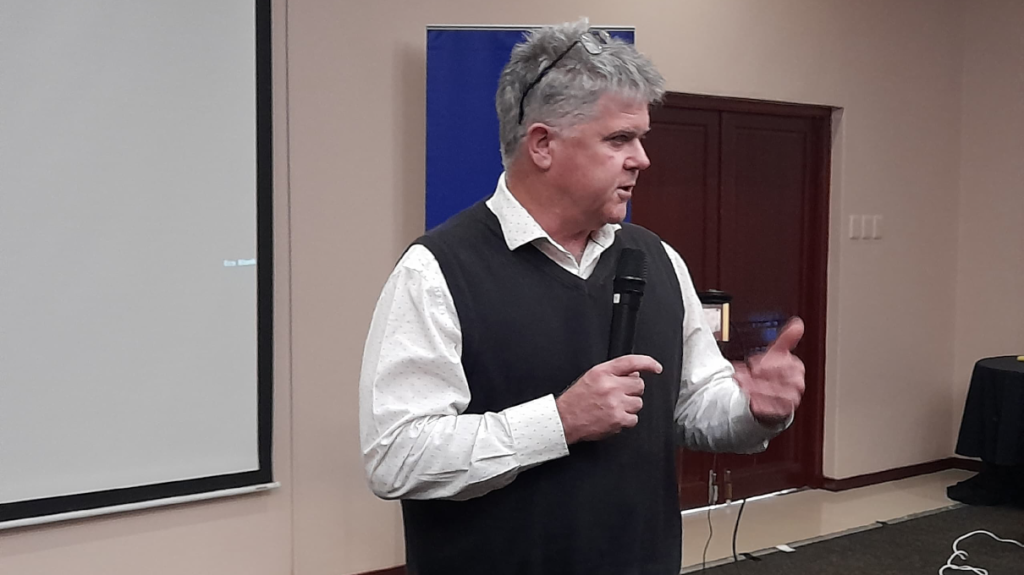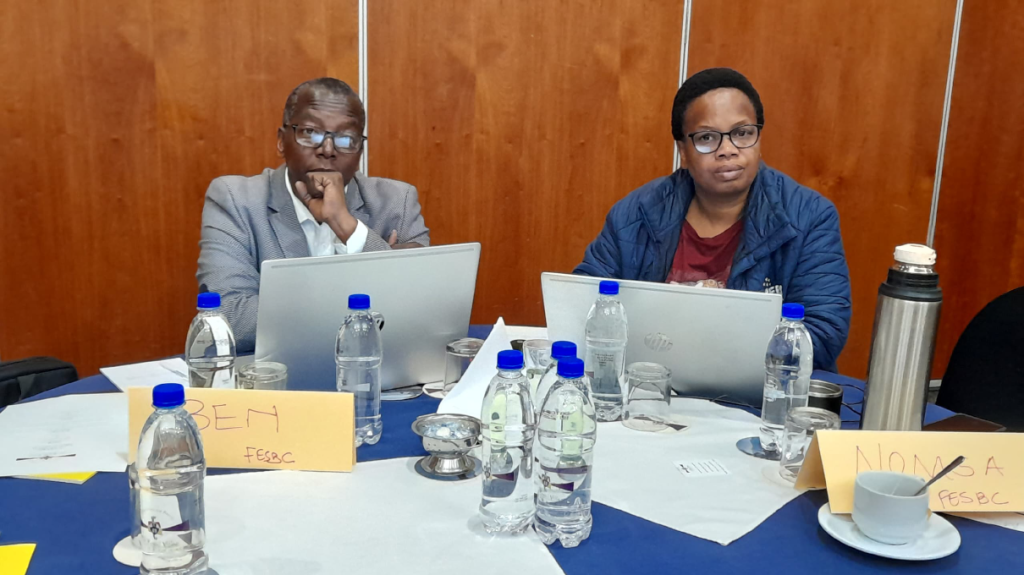
Out of the 68,000 registered Micro, Small, and Medium Enterprises (MSMEs) in the country, only 1 percent are currently export-ready. This is according to data from the FinScope MSME Survey 2023, which was cited during a workshop on “Advocacy for National Competitiveness,” held at The Royal Villas.
The workshop, convened under the State-Business Relations (SBR) Secretariat and supported by the European Union (EU) and the International Trade Centre (ITC), marked a crucial step in Eswatini’s effort to institutionalize Public-Private Dialogue (PPD).
The main focus was on equipping stakeholders with tools for evidence-based advocacy to foster Eswatini’s economic growth. It brought together government officials, development partners, business leaders, and SME representatives to discuss how to make Eswatini’s private sector competitive globally.
“This should be a wake-up call,” said Musa Maseko, the Interim Director of the SBR Secretariat, who also serves as Head of Trade and Commerce at Business Eswatini.
“We cannot talk about being an export-based economy when only a few of our businesses are ready to compete beyond our borders. This platform is designed to change that.”

Eswatini’s National Development Plan 2023–2028 outlines an ambitious vision to promote economic growth through private sector expansion and increased exports. However, the 1% figure starkly reveals the gap between policy goals and business realities.
“This is not just a number, it’s a barrier to national growth,” said Professor Owen Skae, a senior advisor working with ITC.
“We’re talking about real businesses, with real products that cannot access regional or international markets due to structural and regulatory barriers.”
The problems include a lack of digital payment infrastructure, compliance hurdles, and poor trade facilitation. “If we can’t solve basic issues like cross-border transactions, how are we going to expand trade?” Skae asked. “This is exactly the kind of misalignment the PPD process aims to address.”
The SBR Secretariat was launched as part of a broader State-Business Relations initiative, announced by Prime Minister Russell Dlamini earlier this year. It includes establishing a National Competitiveness Council, chaired by the Prime Minister, and several technical working groups to tackle specific policy issues affecting the private sector.
These structures seek to formalize ongoing dialogue between government and business to improve the country’s economic performance. Importantly, the initiative also calls for a legal framework to oversee these engagements and ensure accountability.
According to the ITC’s model, called Alliances for Action, stakeholder consultation, validation, transformation, and investment are key pillars for building a sustainable business ecosystem. This aims to yield tangible results such as increased exports, job creation, and foreign exchange earnings.
“We’re not here to talk just for the sake of talking,” said Skae. “We’re here to develop solutions that will produce real results for Eswatini.”

While the government invests resources and policy focus into this framework, the responsibility now lies with private sector associations and businesses to fully participate in shaping and implementing the agenda.
“You now have a seat at the table. But having a seat is not enough, you must use your voice,” said the Interim Director. “Each sector must assign representatives to the working groups. We need actionable feedback, clear advocacy, and above all, collaboration.”
This includes giving input on practical issues like compliance costs, digital trade tools, and the challenges of cross-border e-commerce.
“Let us not miss the chance to align policy with reality,” the Director concluded. “If we increase the number of export-ready SMEs even by 10 percent, it will transform not just our economy, but the lives of thousands.”


